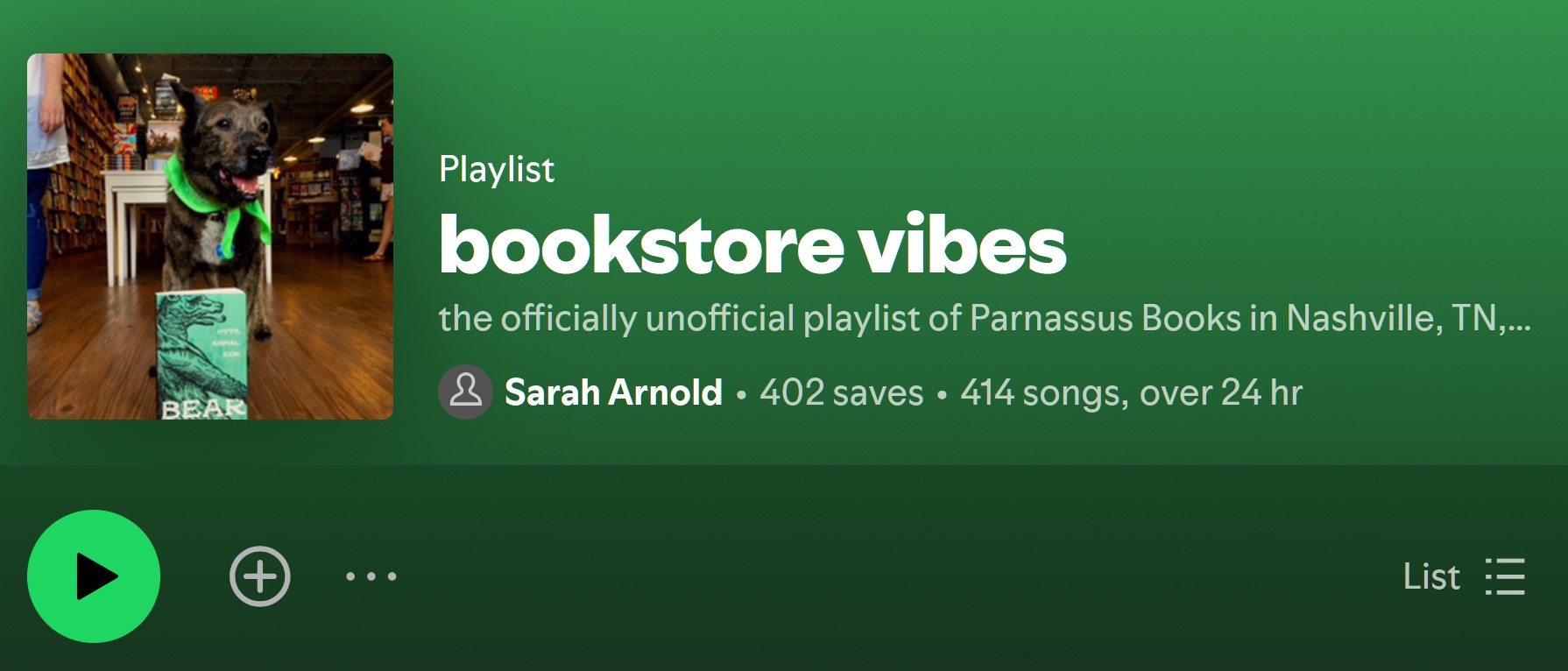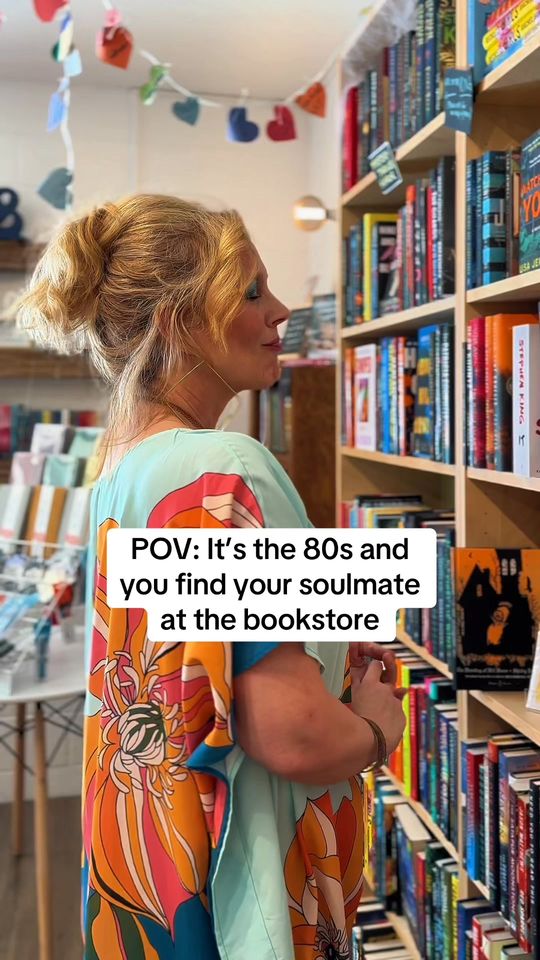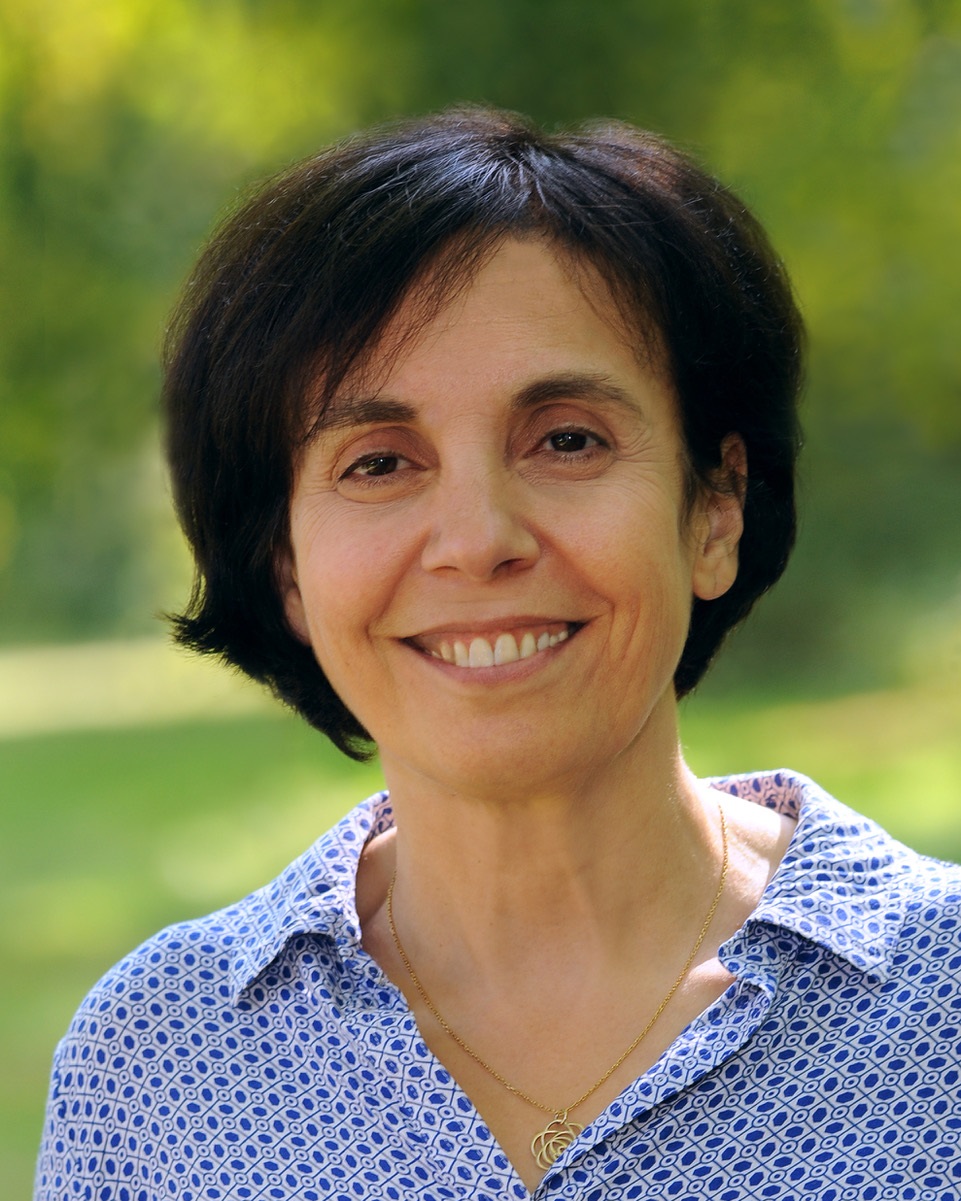 |
| photo: Jason Threlfall |
Thérèse Soukar Chehade was born in Lebanon and immigrated to the United States in 1983. Her first novel, Loom, won the 2011 Arab American Award in the fiction category. Her second novel, We Walked On (Regal House Publishing), is set during the Lebanese civil war and immerses readers in the landscape of war, weaving political unrest into everyday life.
Handsell readers your book in 25 words or less:
We Walked On portrays a people devastated by the Lebanese civil war in the mid-1970s, and the beauty they reclaim from the ruins.
On your nightstand now:
The Siege of Krishnapur by J.G. Farrell describes the siege of a fictitious Indian town during the Indian Mutiny of 1857 through the perspective of the British occupants. The formal and wry style heightens the impending turmoil. I read and loved Troubles by the same author, so this was an easy pick for me.
The Price of the Ticket by James Baldwin is a voluminous and brilliant collection of the author's reflections on race in America. The writing is characteristically superb, and many of the themes are sadly as relevant today as when he wrote them.
I Don't Want This Poem to End by Mahmoud Darwish. The collection was posthumously published in translation in 2017. The Palestinian poet was dubbed the poet of resistance, nostalgia, and return. I'm reading these poems slowly and relishing the lyrical and haunted language.
Native Tongue, Stranger Talk by Michelle Hartman focuses on writers who either choose to write in a language other than their native tongue or are compelled to do so by external circumstances. I am often asked by readers about writing in English rather than my native Arabic or even French, a language I grew up speaking, and this book helps me think through the implications of my choice.
The Body in Pain by Elaine Scarry examines physical suffering through several lenses, including torture and warfare. The excerpts I read are brilliant, and I look forward to reading the book.
Favorite book when you were a child:
I loved Marcel Pagnol's La Gloire de mon père (My Father's Glory) and Le Château de ma mère (My Mother's Castle), the first two tomes in a series of four novels about his boyhood memories in southern France and summer vacations in Provence. I found his stories very relatable because I used to spend my summer holidays at my grandmother's house in my ancestral town in northern Lebanon. At the end of La Gloire de ma mère, Pagnol evokes the death of his mother five years later, then that of his own brother Paul, and finally his friend Lili, who was killed in action during World War I. That struck a chord with me since my own childhood was cut short by loss when the Lebanese Civil War broke out in 1975, and I lost my father a year later.
Your top five authors:
This could be the most difficult question on this list. Who has only five favorite authors? Here are the ones who sprang to mind, in no particular order.
Virginia Woolf. To the Lighthouse remains a favorite to this day. I read the novel as a newcomer to the U.S., when my English was still far from proficient, and I had to look up a lot of words. But the images and feelings transcended the language barrier, and Woolf's prose captivated my senses. I believe the novel influenced my decision to write in English. Since then I've gone on to read all of Woolf's work.
Elias Khoury is easily my favorite Lebanese writer. He was a novelist, public intellectual, journalist, and cultural critic. His writing almost always explores political themes in the Arab world. The first novel I read by him, Little Mountain, about the Lebanese Civil War, struck me as a perfect synergy of form and meaning, with the fractured prose reflecting the destructiveness of war.
I first fell in love with Lucia Berlin through her short story collection, A Manual for Cleaning Women. Her writing covers a wide emotional spectrum and burrows into human behaviors and aspirations with clarity and pathos.
Etel Adnan was born in Beirut, Lebanon. She was a visual artist, poet, novelist, and essayist, and wrote in both French and English. This rich personal history has resulted in a complex and fascinating body of work that has a wide cultural and geographical scope.
Natalia Ginzburg, who began her literary career in the 1940s, drew me in with her focus on the ordinary as it is threatened by war. She creates intimate worlds within a bigger ethical and political framework in a world devastated by fascism.
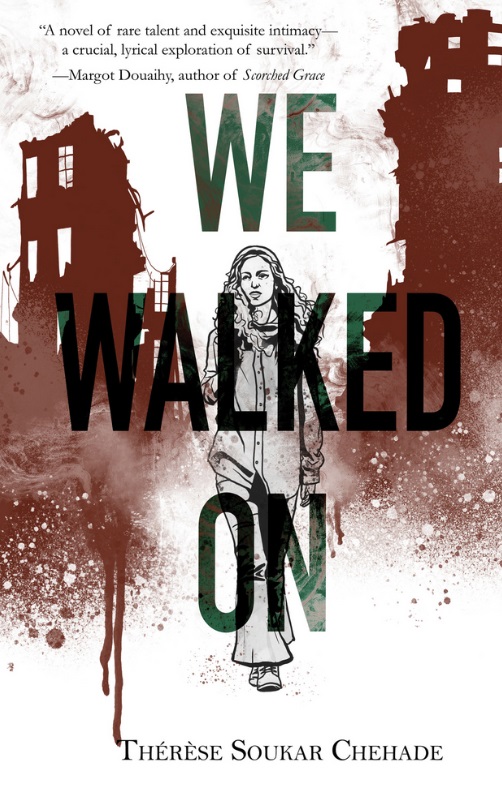 Book you're an evangelist for:
Book you're an evangelist for:
Right now, The Undying: A Meditation on Modern Illness by Anne Boyer, winner of the Pulitzer Prize in 2020. Boyer wrote it after she was diagnosed with breast cancer at the age of 41. The Undying blends personal experience and thoughts on art and literature with a critique of the medical industry. I read the book after dealing with a mysterious illness that eventually resolved on its own and finding the medical establishment frustratingly disjointed and bureaucratic. Boyer is consistently brilliant, and reading it made me feel less alone at a difficult time in my life.
Book you've bought for the cover:
I can't speak Portuguese, but I've always been curious about Brazil, and when I saw this book about Ouro Preto in Southeast Brazil, where my friend is from, I couldn't resist.
Book you hid from your parents:
Emmanuelle by Emmanuelle Arsan. I found the erotic novel under my older sister's pillow and read it secretly while she was out. Years later, as an adult, I tried to watch the movie but became bored and gave up halfway through.
Book that changed your life:
This might be cheating, but I'm mentioning books that influenced me at various stages of my life. These books raised my awareness about the impact of politics on our daily lives and the plights of different oppressed groups. In my early teens, André Malraux's The Human Condition about the early days of the Chinese Revolution exposed me to class struggle. In high school, I read Gustave Flaubert's Madame Bovary and realized that, like the character, I was bored with the mundane and sought life elsewhere, to paraphrase Milan Kundera's title. Simone de Beauvoir's The Second Sex contextualized my personal experience within a gendered framework. A few years later, Gate of the Sun by Elias Khoury brought the Palestinian experience to life on a visceral level.
Favorite line from a book:
"I would see languages with shades of each other, like the colours of Cézanne which often have a green with some red a red with some green, in my mind I saw a glowing still life as if a picture of English with French words French with English words German with French words & English words Japanese with French English & German words--I was just about to leave when I met a man who seemed to know quite a lot about Schoenberg." --Helen DeWitt, The Last Samurai
Five books you'll never part with:
Time by Etel Adnan--a poetry collection full of wonder that demands to be read slowly and thoughtfully.
Granada by Radwa Ashour--the first in a trilogy, the novel is set during the conquest of the Emirate of Granada by the Catholic Monarchs, Ferdinand and Isabella. Thanks to Ashour's skilled storytelling, the medieval Muslim Emirate is brought to life for the readers just as it is about to be destroyed by the forces of history. It inspired me to visit Granada, a city I came to love.
The Master and Margarita by Mikhail Bulgakov--the devil lands in Soviet Moscow and wreaks havoc. Magical realism meets dark comedy to produce a dazzling, exhilarating tale written by a cleverly subversive mind. I've read it at least half a dozen times throughout the years.
Gate of the Sun by Elias Khoury
To the Lighthouse by Virginia Woolf
Book you most want to read again for the first time:
A Heart So White by Javier Marías. I loved the long, Proustian sentences and the bold but always fascinating digressions into themes of betrayal, memory, violence, truth, and translation. Definitely worth another read.
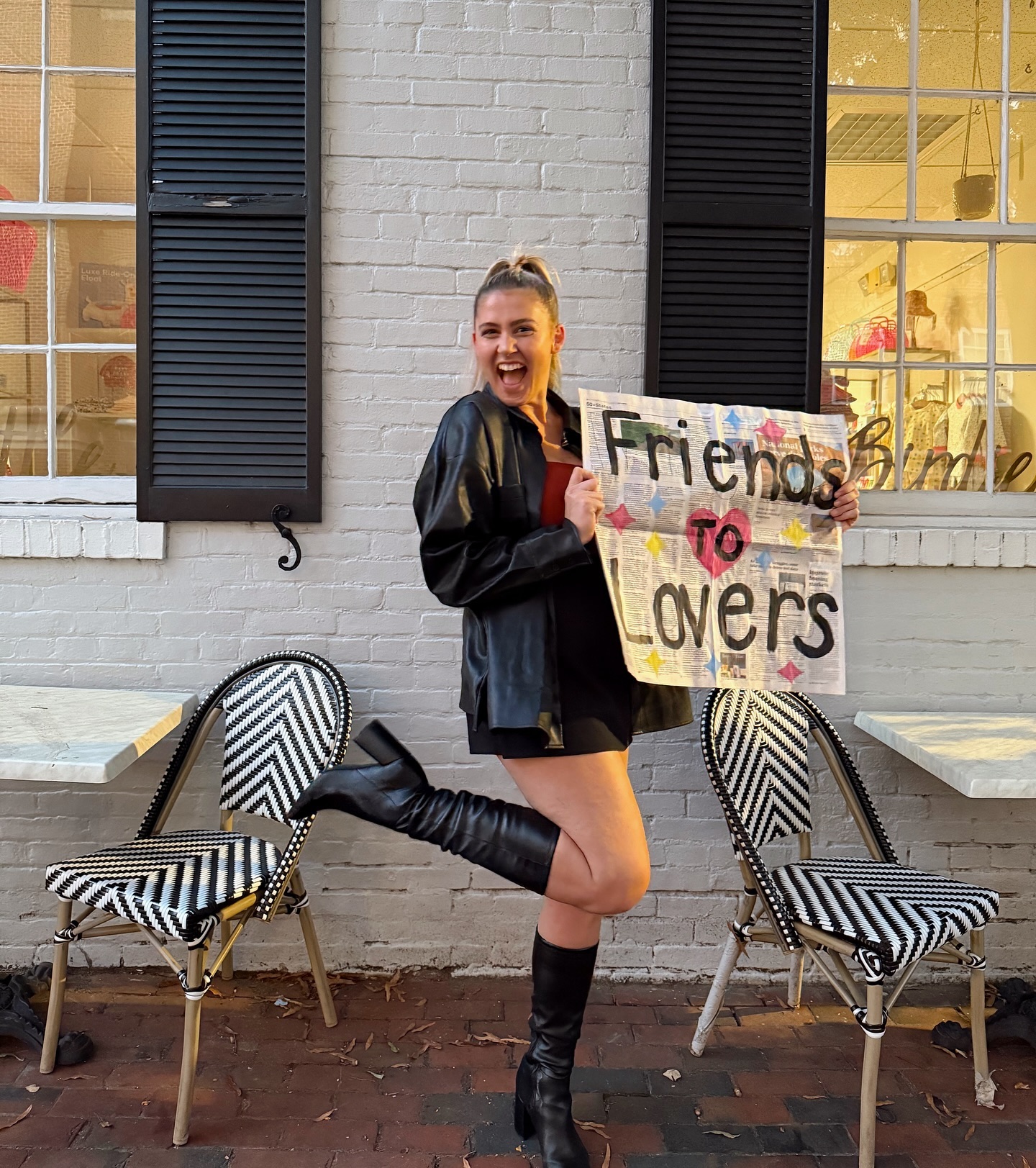











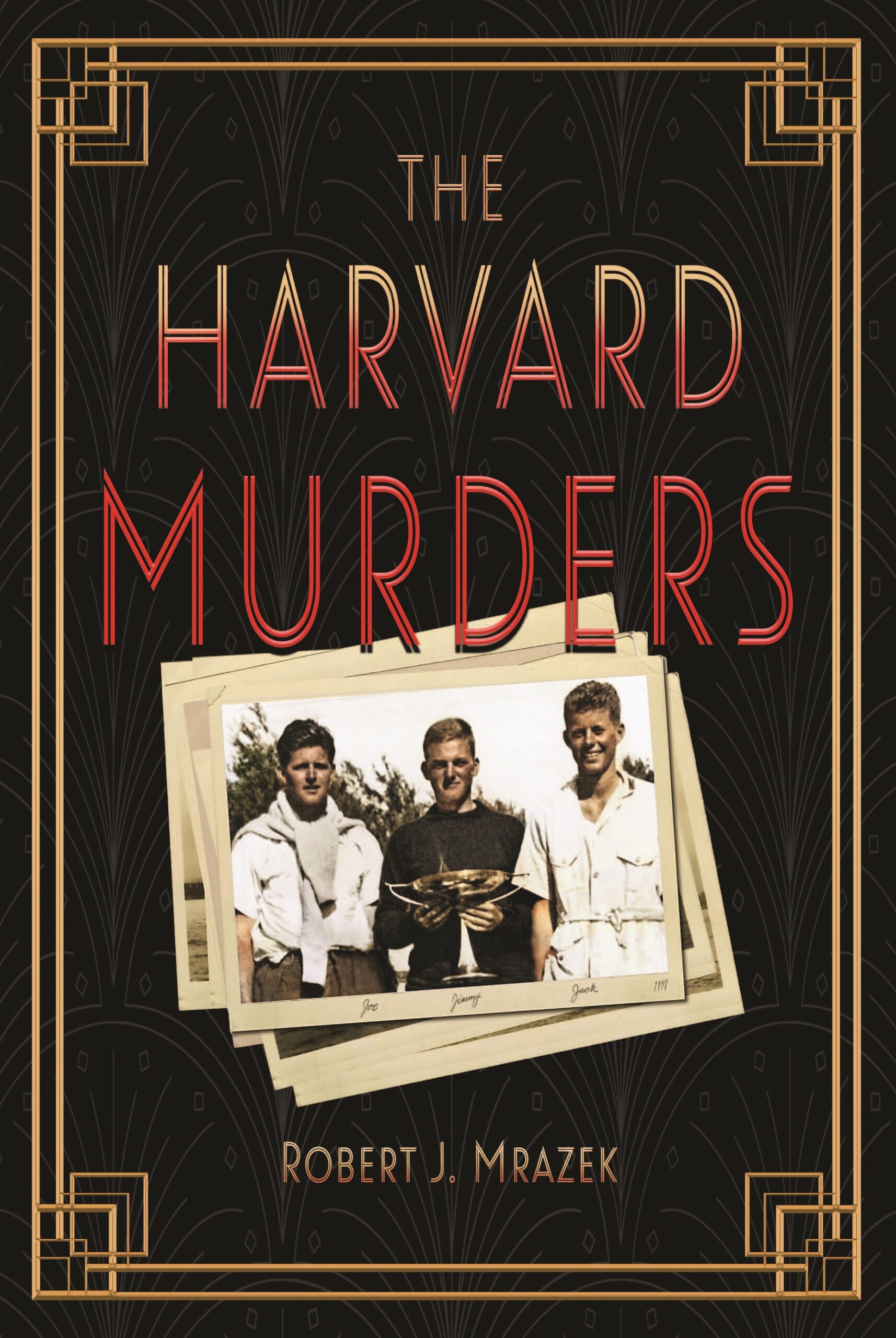 Compass Rose describes The Harvard Murders, by one of the company's founders, this way: "Award-winning author Robert J. Mrazek takes us from Harvard Yard to the brothels of South Boston and to the Kennedy mansions in Hyannis Port and Palm Beach in this vivid re-creation of an American landscape on the brink of war.
Compass Rose describes The Harvard Murders, by one of the company's founders, this way: "Award-winning author Robert J. Mrazek takes us from Harvard Yard to the brothels of South Boston and to the Kennedy mansions in Hyannis Port and Palm Beach in this vivid re-creation of an American landscape on the brink of war. Spencer Ruchti is the author events manager for Third Place Books in Seattle, Wash., and the co-founder of the
Spencer Ruchti is the author events manager for Third Place Books in Seattle, Wash., and the co-founder of the 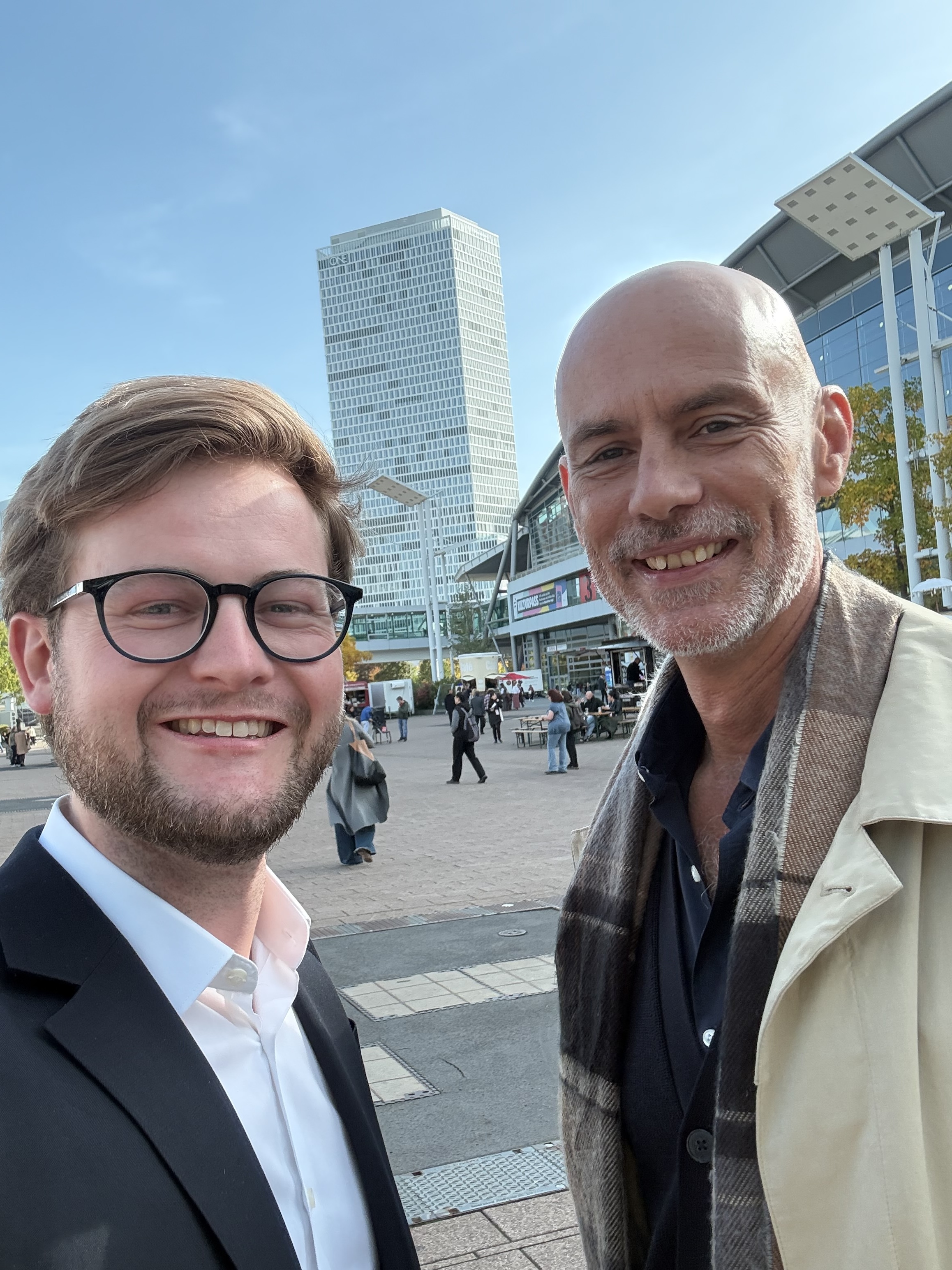
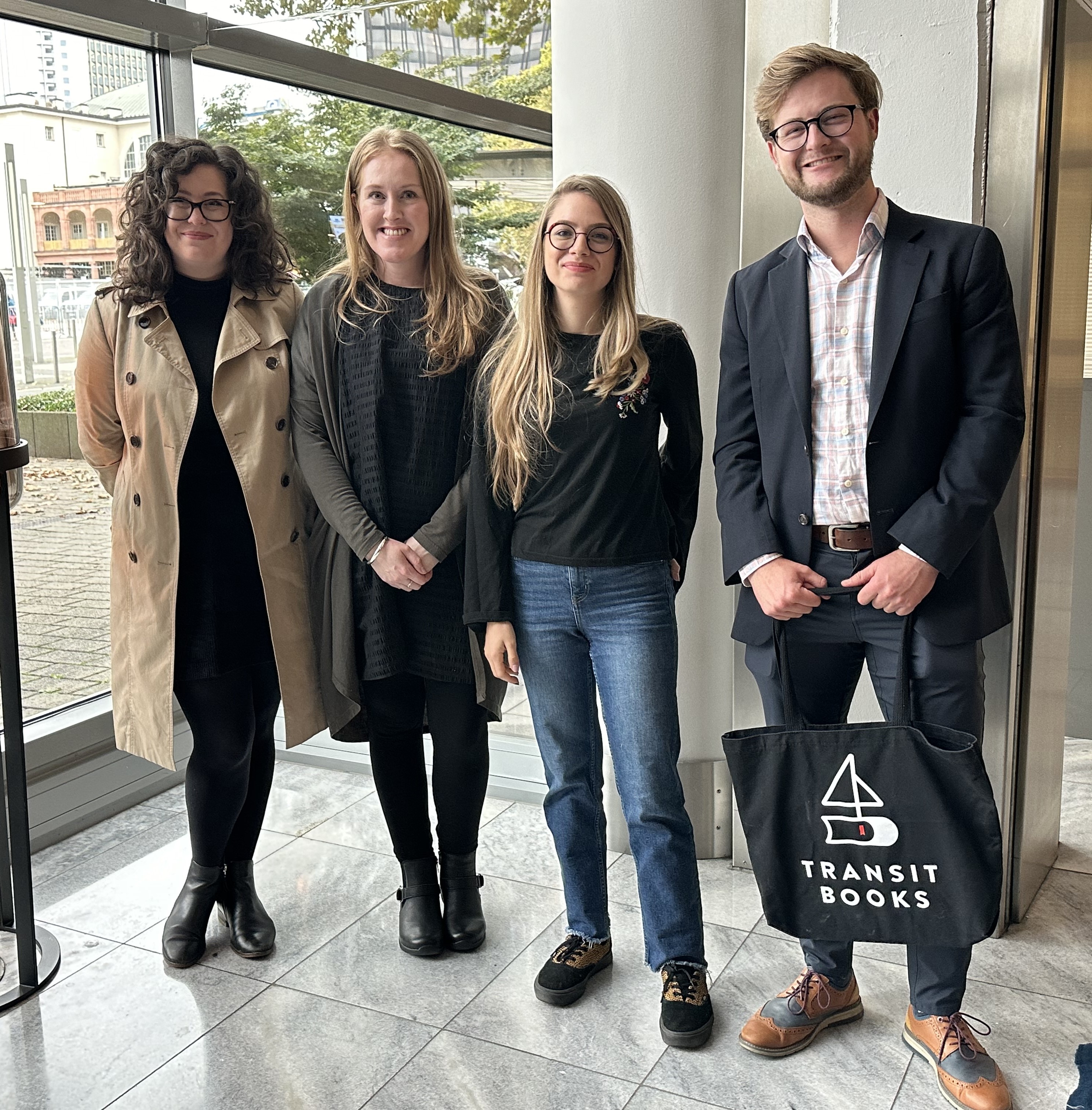
 Net sales at Amazon in the third quarter ended September 30 rose 11%, to $158.9 billion, and net income rose 54.5%, to $15.3 billion. Both results were above analysts' expectations, leading to a rise in Amazon stock in after-hours trading of 5%, to about $170 a share.
Net sales at Amazon in the third quarter ended September 30 rose 11%, to $158.9 billion, and net income rose 54.5%, to $15.3 billion. Both results were above analysts' expectations, leading to a rise in Amazon stock in after-hours trading of 5%, to about $170 a share.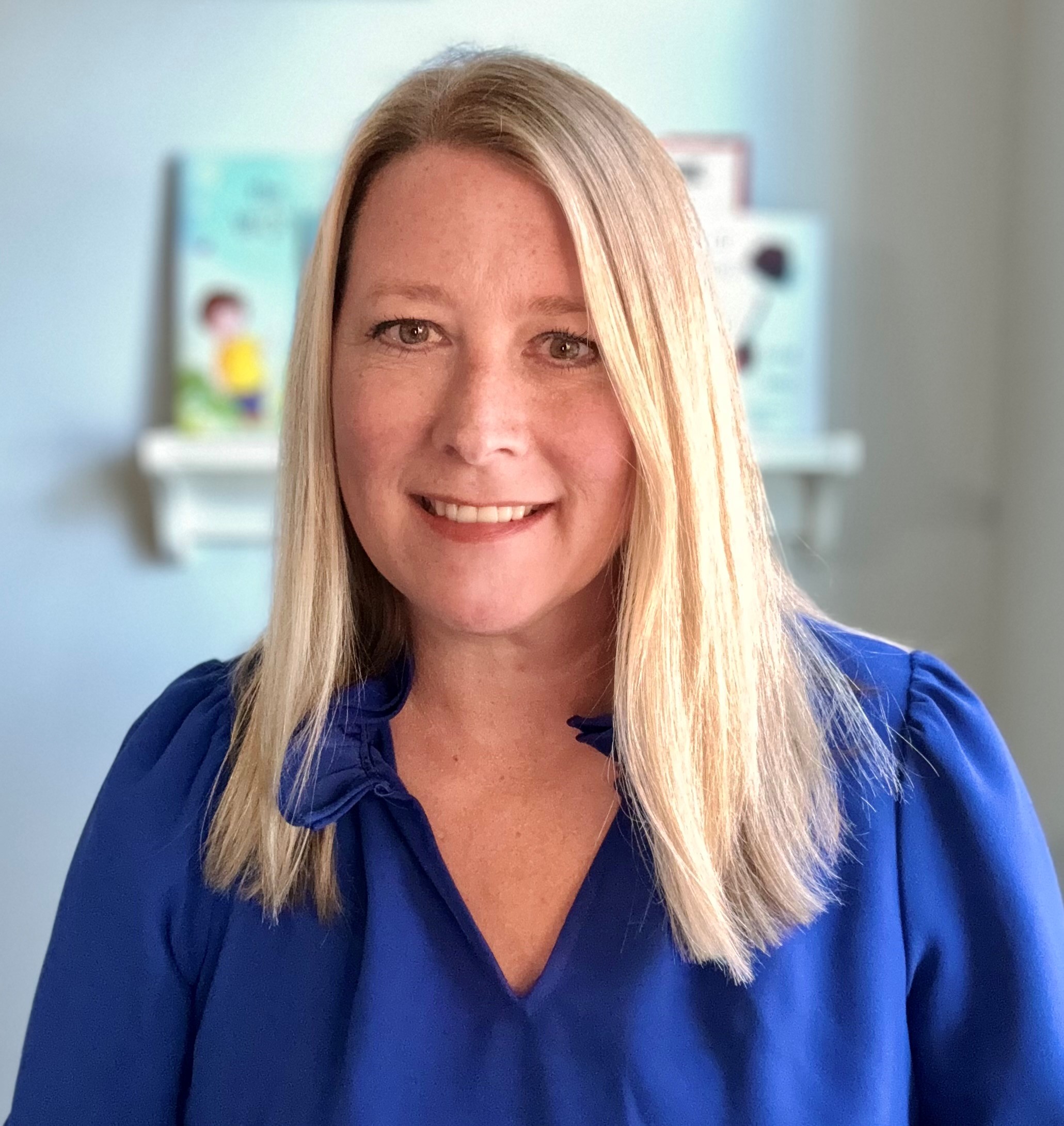
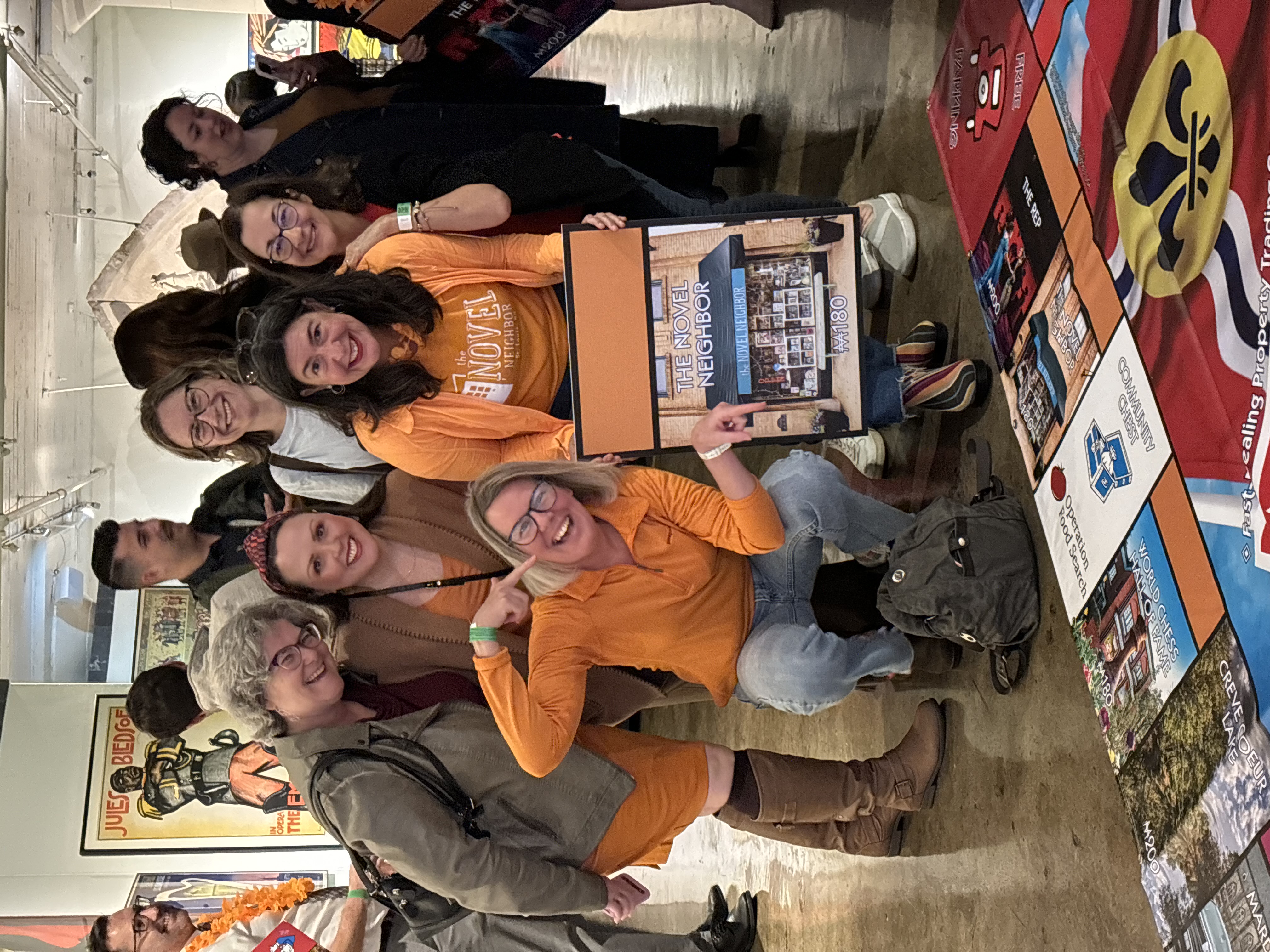
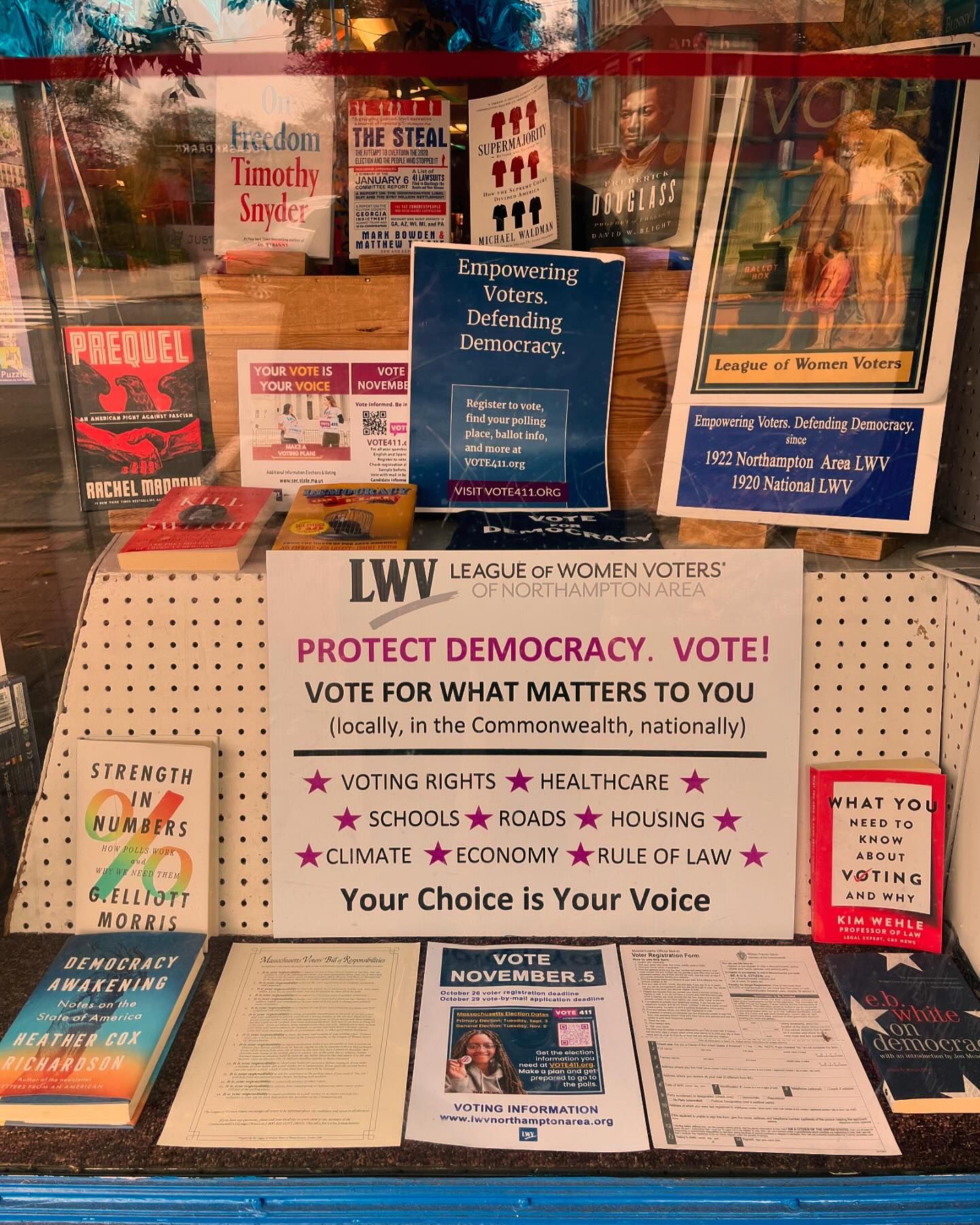
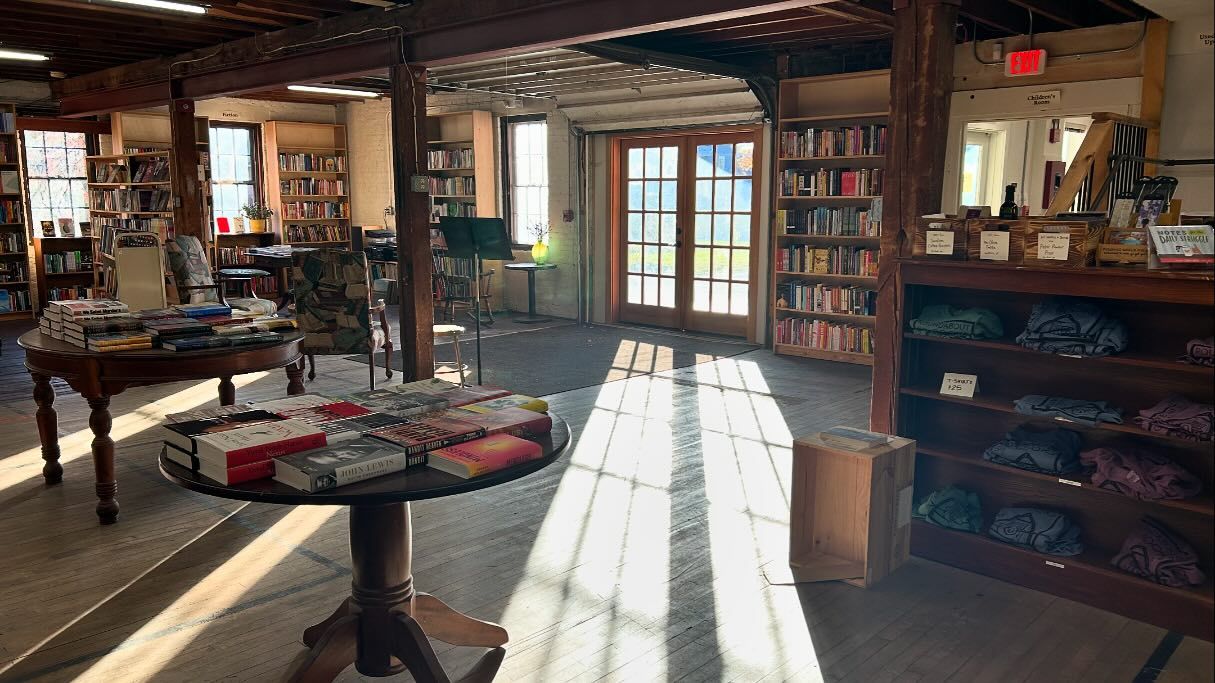 "
"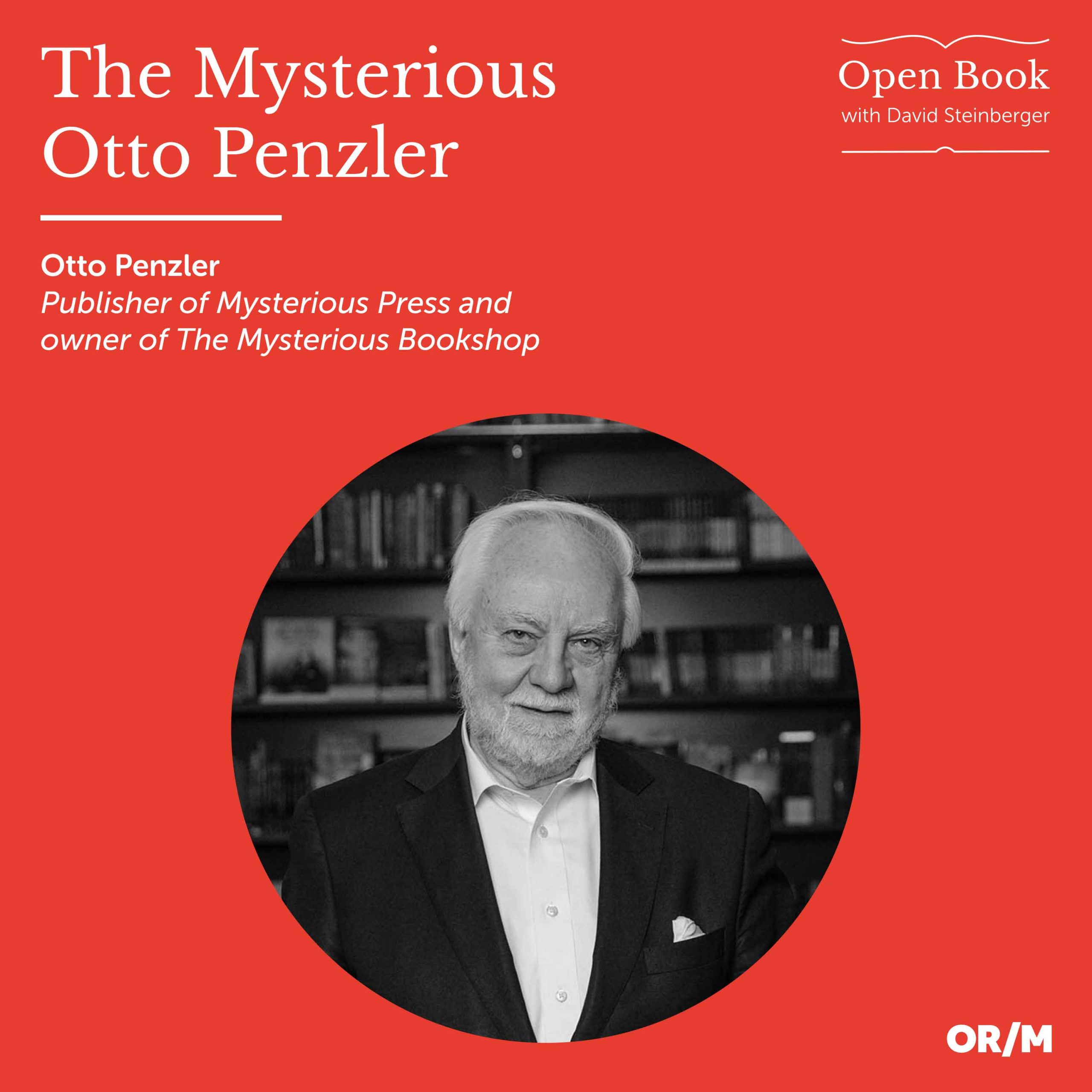
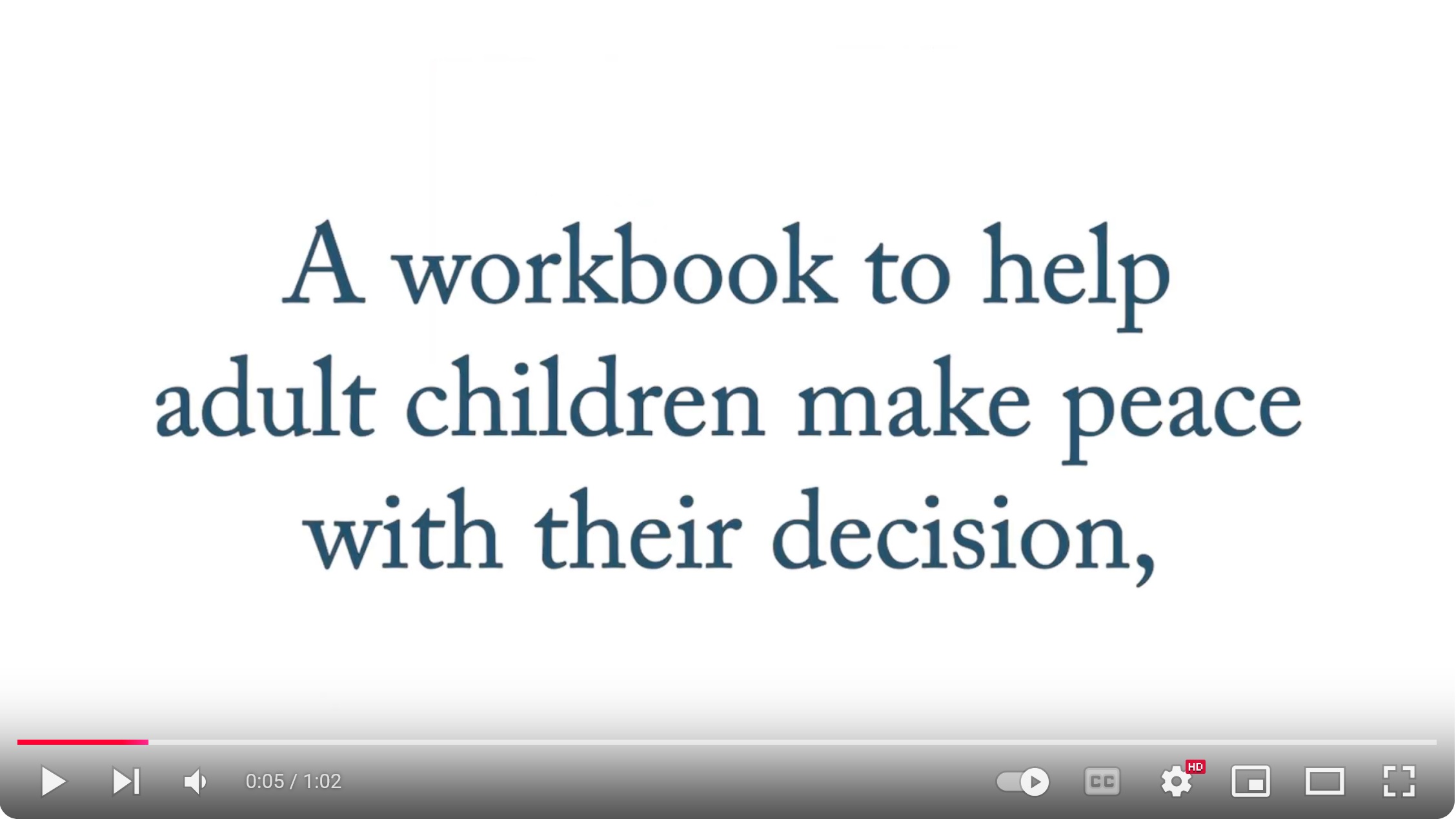 Cutting Ties with Your Parents: A Workbook to Help Adult Children Make Peace with Their Decision, Heal Emotional Wounds, and Move Forward with Their Lives
Cutting Ties with Your Parents: A Workbook to Help Adult Children Make Peace with Their Decision, Heal Emotional Wounds, and Move Forward with Their Lives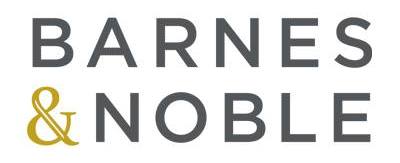 Barnes & Noble has selected 13 finalists for the 2024 Book of the Year, the titles B&N booksellers "find truly outstanding and in which they have felt the most pride in recommending to readers." The finalists, which include five novels, six nonfiction books, one middle-grade title, and one picture book, will be voted on by all B&N booksellers and announced the week of November 15.
Barnes & Noble has selected 13 finalists for the 2024 Book of the Year, the titles B&N booksellers "find truly outstanding and in which they have felt the most pride in recommending to readers." The finalists, which include five novels, six nonfiction books, one middle-grade title, and one picture book, will be voted on by all B&N booksellers and announced the week of November 15.
 Book you're an evangelist for:
Book you're an evangelist for: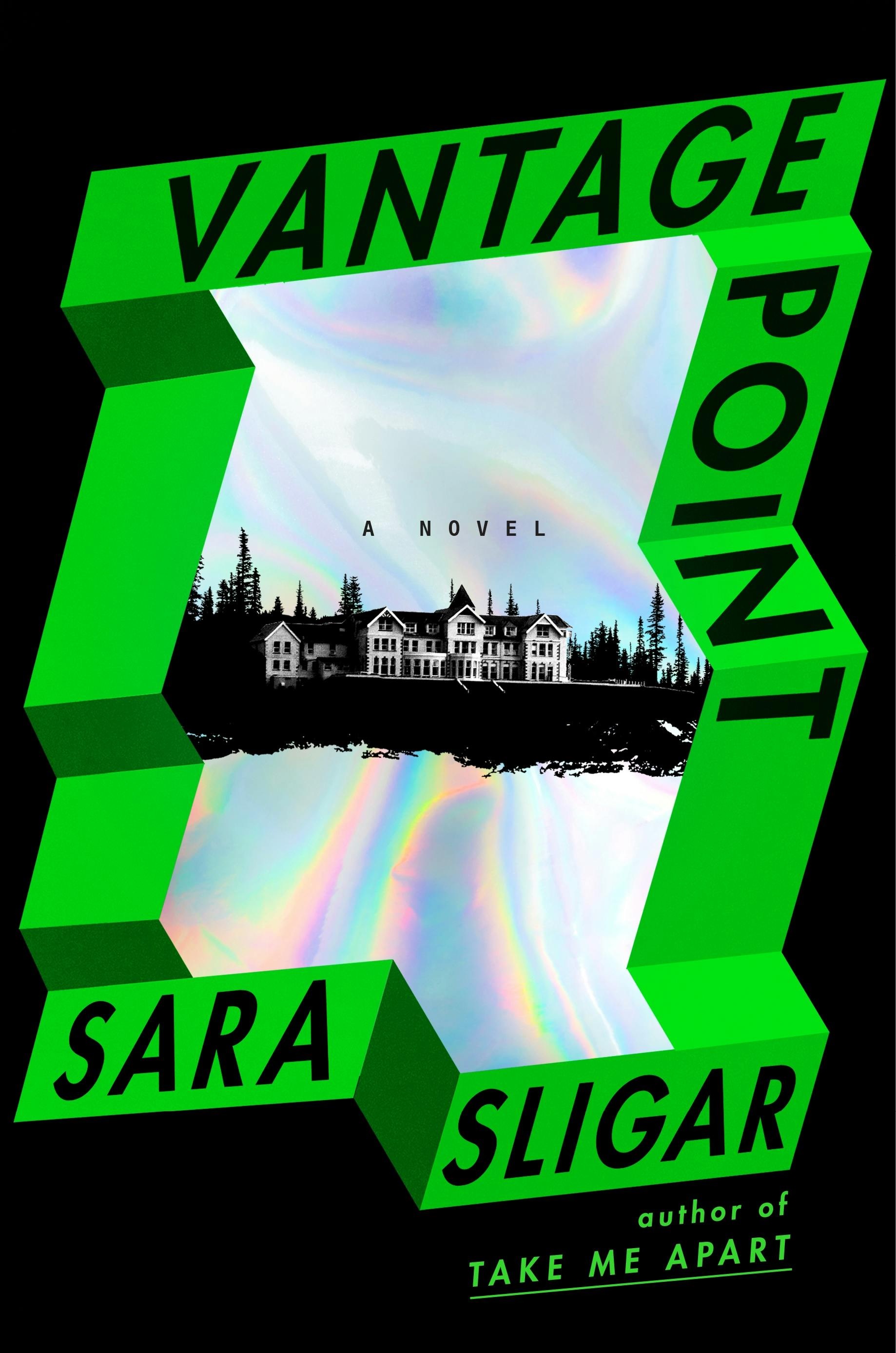 An ancient family curse roars back to life in Sara Sligar's superbly dark second novel, Vantage Point. It features siblings from an old-money Maine dynasty that has withstood terrible misfortunes and the modern-day calamity threatening to capsize them once and for all. Sligar's brilliantly crafted thriller delivers a hefty dose of horror-tinged suspense while expertly navigating contemporary themes such as online violations of privacy and the head-spinning speed with which artificial intelligence can manipulate people's lives.
An ancient family curse roars back to life in Sara Sligar's superbly dark second novel, Vantage Point. It features siblings from an old-money Maine dynasty that has withstood terrible misfortunes and the modern-day calamity threatening to capsize them once and for all. Sligar's brilliantly crafted thriller delivers a hefty dose of horror-tinged suspense while expertly navigating contemporary themes such as online violations of privacy and the head-spinning speed with which artificial intelligence can manipulate people's lives.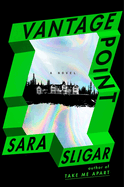
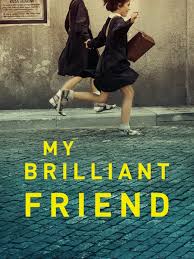 What kind of music do you listen to when you're reading? That's one question. My quick answer would be composers like Max Richter, whose lit credentials include the soundtracks to TV series based on Tom Perrotta's
What kind of music do you listen to when you're reading? That's one question. My quick answer would be composers like Max Richter, whose lit credentials include the soundtracks to TV series based on Tom Perrotta's 